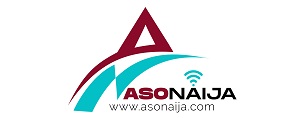Nigeria Ranks Low In World Bank projects’ implementation – FG

According to the government, it stated that the implementation process is affected by challenges such as bureaucratic bottlenecks, capacity challenges, political interference, and obtaining varied and misaligned approvals processes between local authorities and development partners.
The Minister of Finance, Budget and Nation Planning, Zainab Ahmed, explained and said that these factors had led to Nigeria’s low ranking in terms of the level of implementation of projects funded by the World Bank.
Ahmed disclosed these at a retreat for members of the National Assembly on process optimization in donor-financed projects in Nigeria.
The conference with theme, “Process optimisation in donor-financed projects in Nigeria,” is part of efforts to foster a new level of synergy and collaboration with the National Assembly to further accelerate the level of implementation of donor financed programmes and projects in Nigeria.
The minister said the need to organise the retreat is predicated on the government’s desire to deliver planned projects for sustained growth and national development.




